Organic materials like food scraps, yard waste, and other natural debris break down to create compost. People and the environment can benefit from using this nutrient-rich substance in various ways.
One of the most common uses of compost is as a natural fertilizer for gardens and crops. Compost can improve soil health, increase plant growth, and reduce the need for chemical fertilizers. You can also use it to control erosion, retain moisture in the soil as a mulch, or suppress weeds naturally.
Composting can remediate contaminated soil by breaking down pollutants and promoting the growth of beneficial microorganisms. Overall, compost is numerous and varied, making it an important tool for sustainable agriculture and land management.
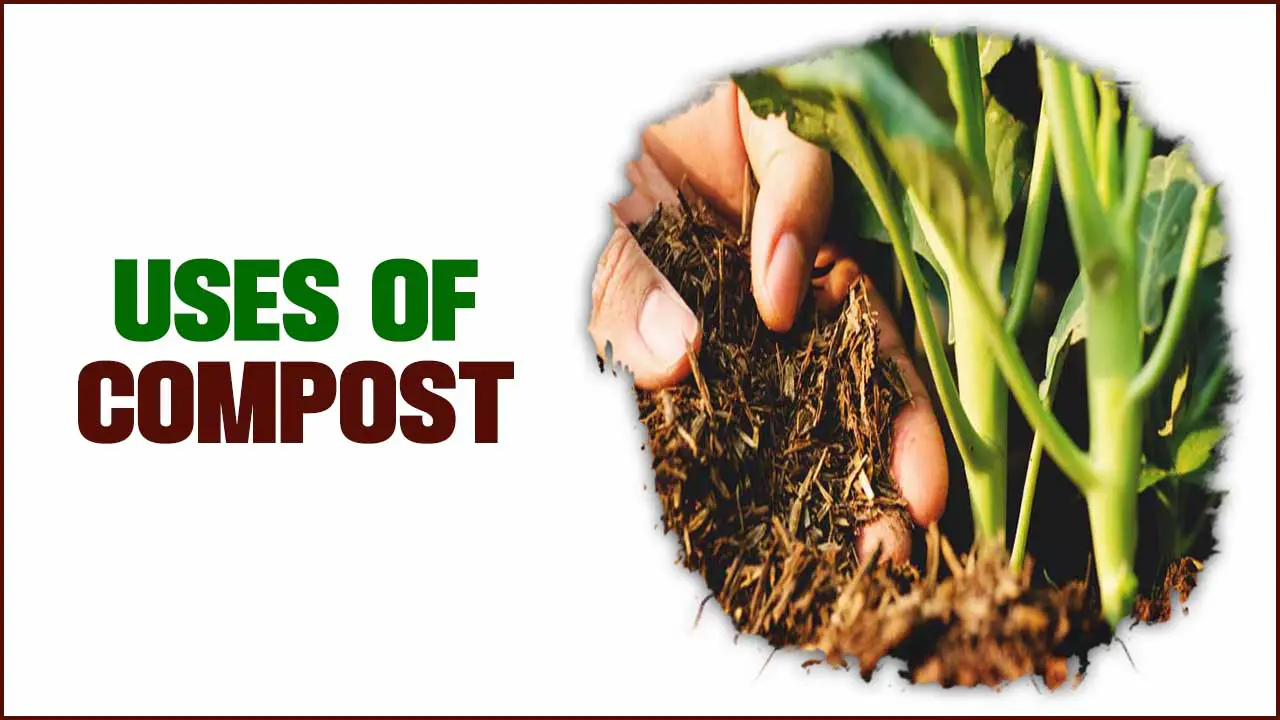
How To Uses Of Compost – The Power Of Composting
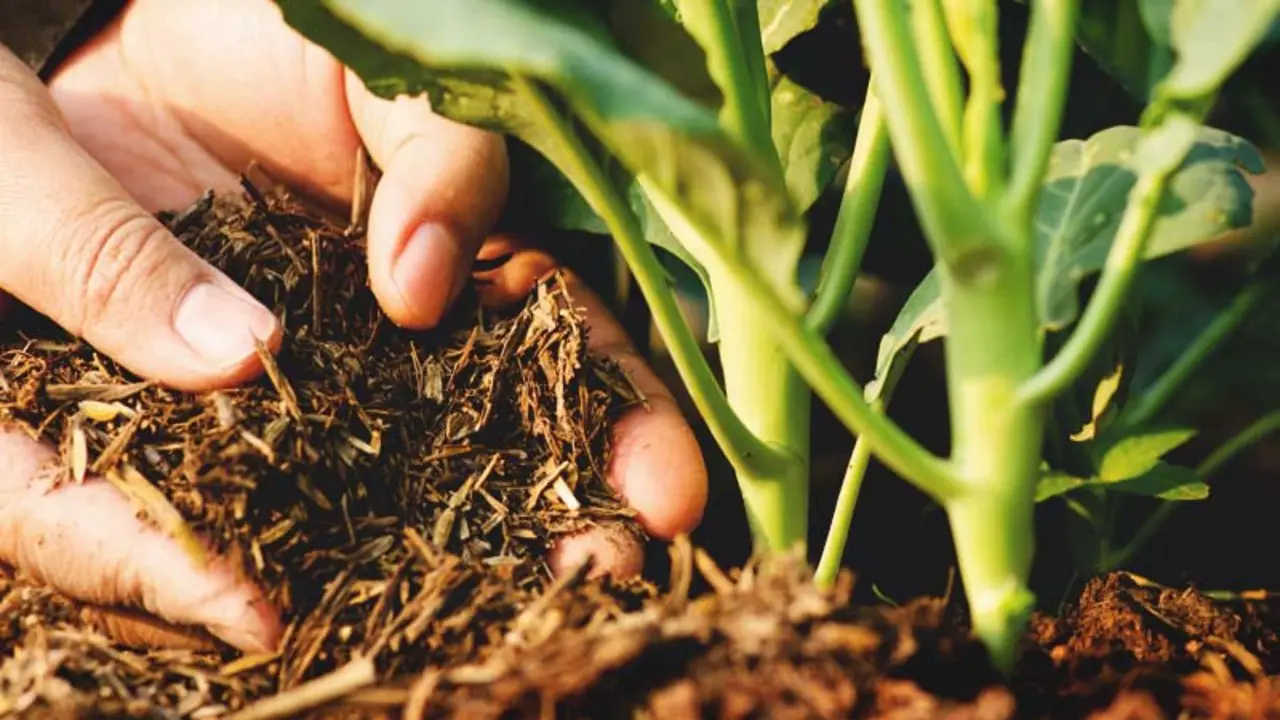
You can add compost, a mixture of decomposed organic materials, to the soil to help plants grow. Compost is rich in plant nutrients and beneficial organisms. To use compost, you must prepare a suitable mix of green and brown materials, such as food scraps, leaves, grass, paper, and wood chips.
When the compost is ready, it will look like dark and crumbly soil. You can use it as a fertilizer, a soil conditioner, or a mulch for your plants. Here are some tips on how to use compost:
Garden And Landscape Applications
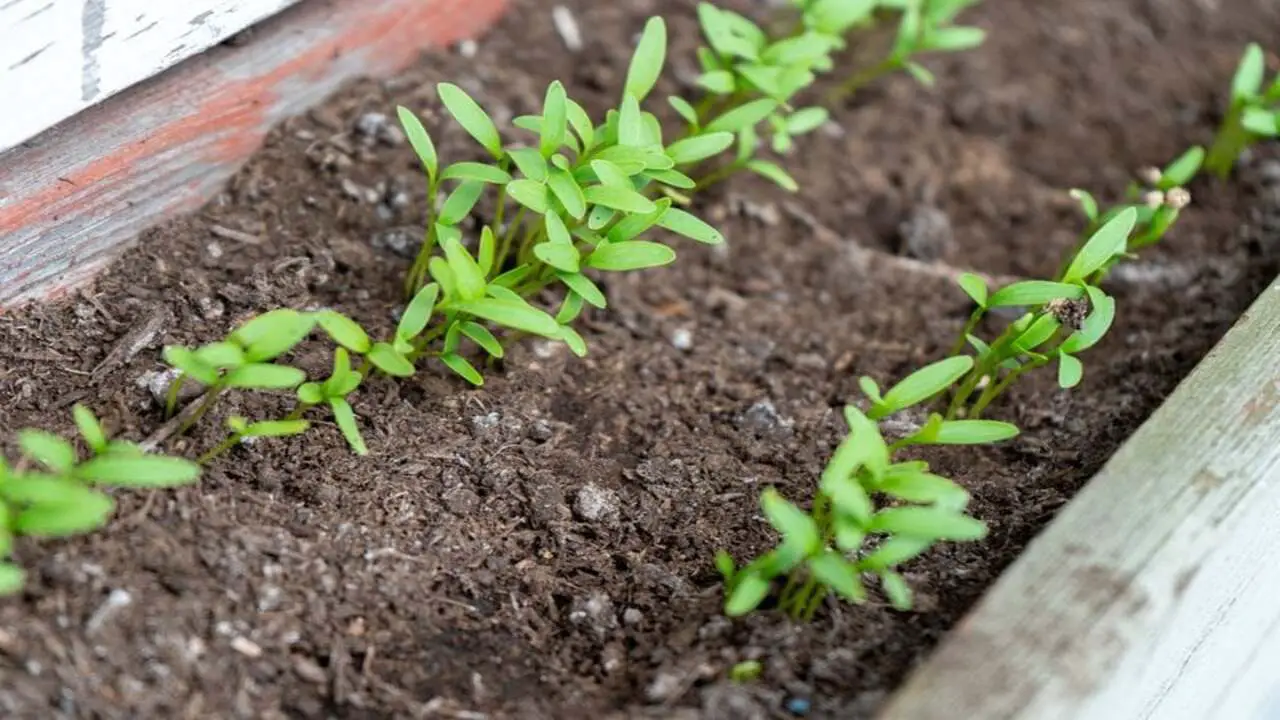
Compost can improve the quality of your garden and landscape soil. Compost can increase the water-holding capacity of sandy soils and improve the drainage of clay soils. It can also provide essential nutrients for plant growth, such as nitrogen, phosphorus, and potassium.
Compost can also enhance the biological activity of the soil by introducing beneficial microbes that help to suppress pathogens and pests. You can use compost for various garden and landscape applications, such as vegetable and herb gardens, flower beds and ornamental plants, container gardening, lawn care, trees and shrubs, erosion control and land restoration.
Vegetable And Herb Gardens
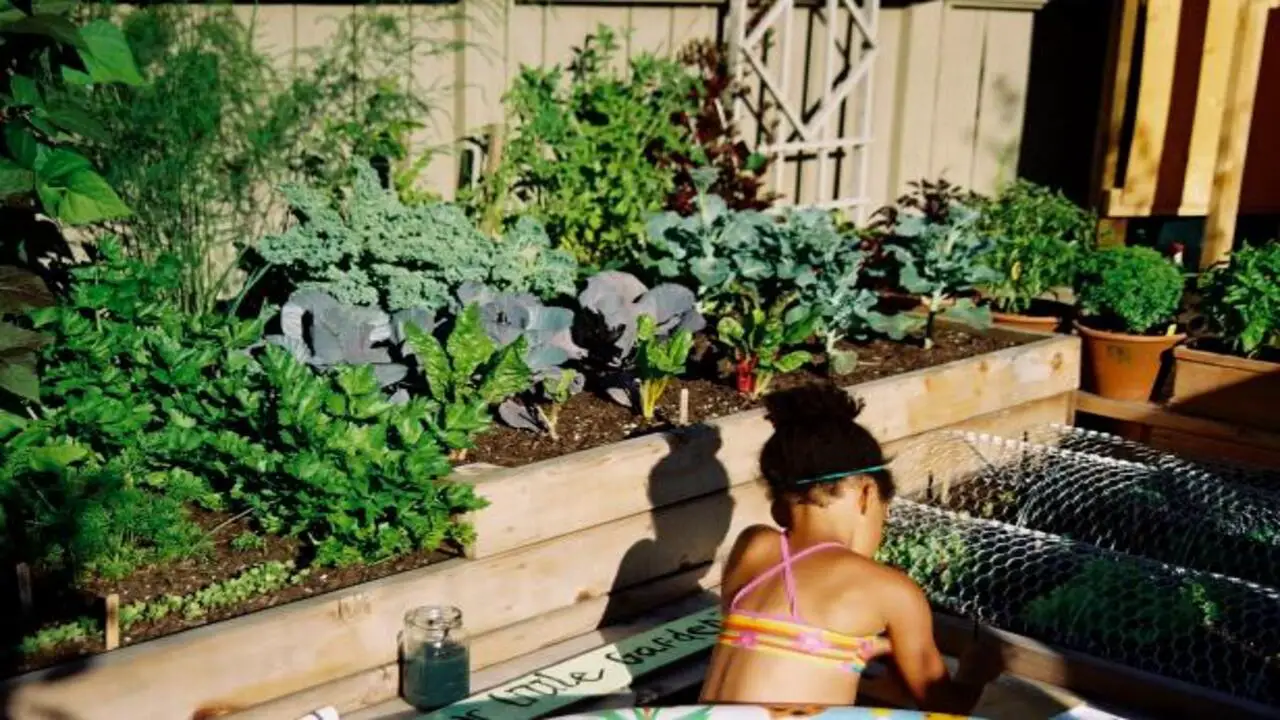
Compost is especially beneficial for vegetable and herb gardens, as it can boost the yield and quality of your crops. Compost can provide a balanced and slow-release source of nutrients for your plants, reducing the need for synthetic fertilizers.
It can also improve the soil structure and tilth, making it easier to work with and more productive. Compost can also help to prevent diseases and pests by enhancing the soil’s natural defence system. To use compost for vegetable and herb gardens, mix it with the topsoil before planting or apply it as a side dressing or a mulch during the growing season.
Flower Beds And Ornamental Plants
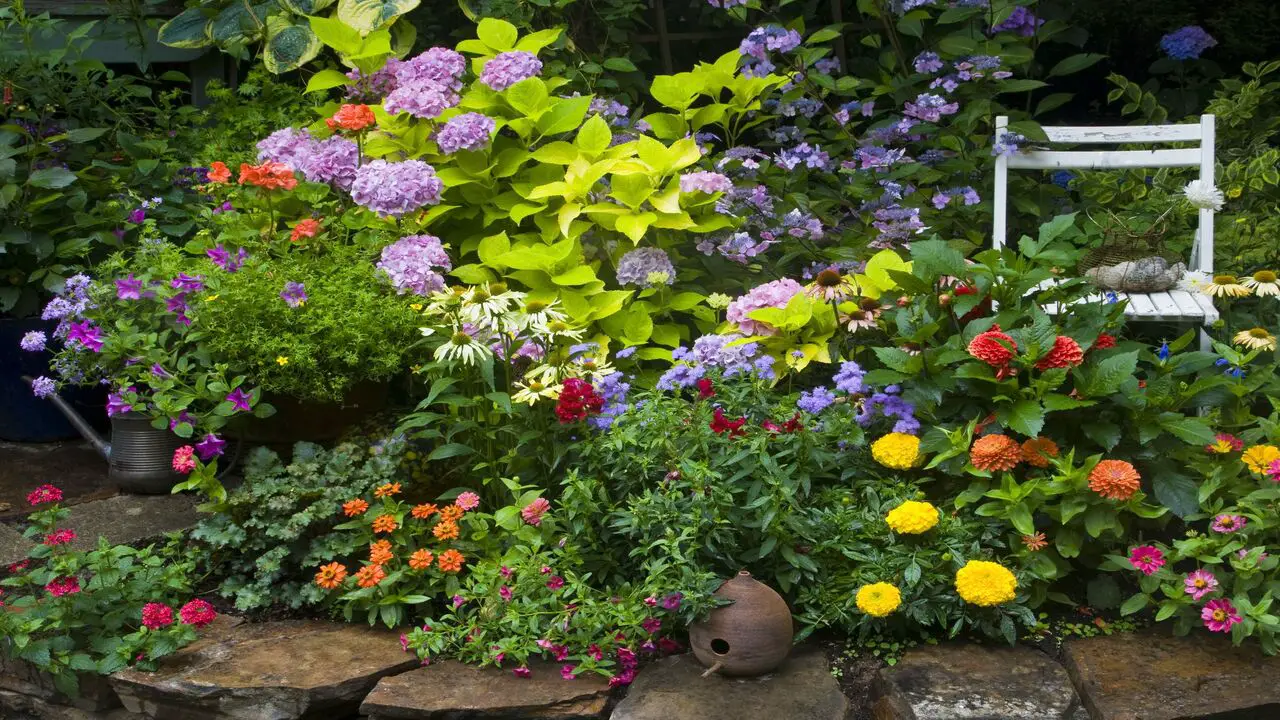
Compost can also improve the beauty and health of your flower beds and ornamental plants. Compost can provide organic matter and nutrients that can stimulate the growth and flowering of your plants. It can also help retain moisture and moderate the soil temperature, reducing plant stress.
Compost can also attract beneficial insects and worms that pollinate your flowers and aerate your soil. To use compost for flower beds and ornamental plants, you can spread it over the soil surface before planting or use it as a mulch around your plants.
Container Gardening
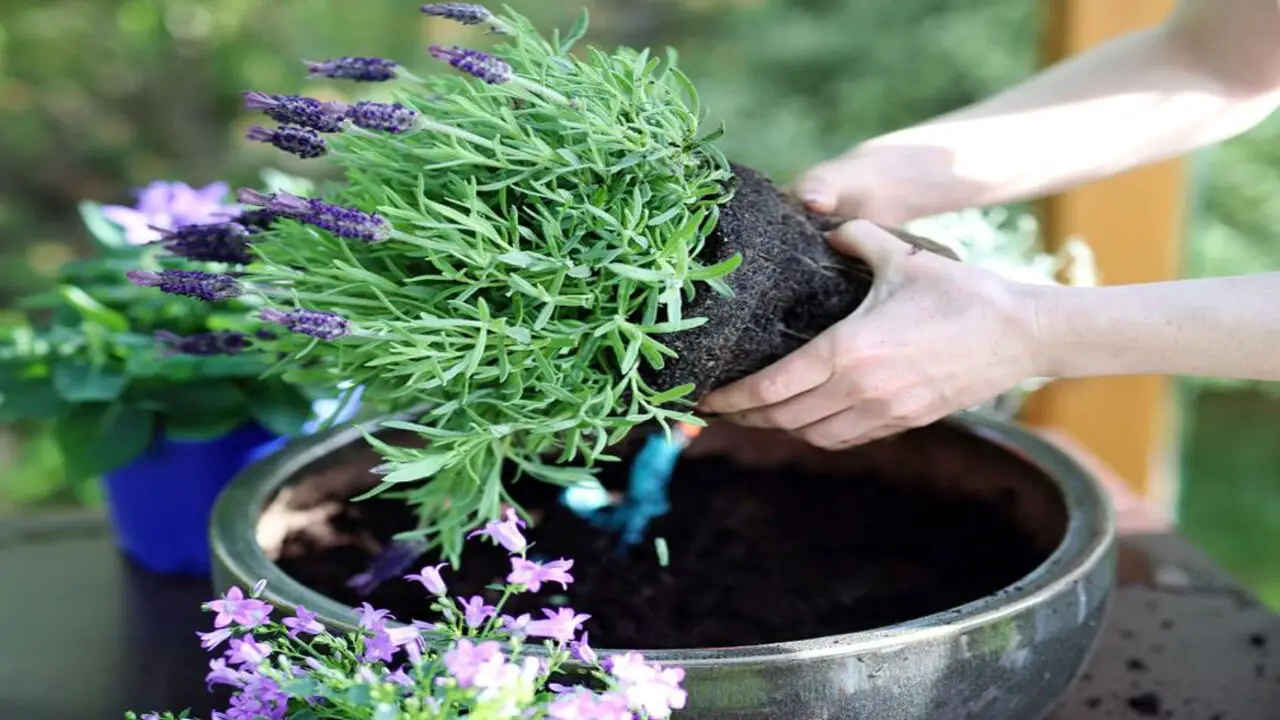
Compost can be a valuable ingredient for container gardening, as it can improve the quality of your potting mix. It can add organic matter and nutrients to your potting mix, making it more fertile and balanced.
Compost can also improve your potting mix’s water retention and drainage, preventing waterlogging or drying out. Compost can also introduce beneficial microbes that protect plants from diseases and pests. Mix compost for container gardening with other materials such as peat moss, perlite, vermiculite, or coir to create your potting mix.
Lawn Care
Compost can be a great alternative to chemical fertilizers for lawn care, as it can nourish your grass without harming the environment. It can provide nitrogen and other nutrients that can promote the growth and colour of your grass.
Compost can also improve your lawn’s soil structure and aeration, making it more resilient to droughts or floods. Compost can also help to prevent weeds by suppressing their germination and growth. To use compost for lawn care, apply it as a top dressing in spring or fall or as a seed starter when establishing a new lawn.
Compost For Trees And Shrubs
Compost can also benefit trees and shrubs by improving their root development and health. It also provides organic matter and nutrients that can stimulate the growth and branching of your roots. It can also improve your soil’s water infiltration and retention, reducing the need for irrigation.
Compost can also help prevent soil erosion and compaction, damaging your roots. Compost can also introduce beneficial microbes that protect your trees and shrubs from diseases and pests. To use compost for trees and shrubs, you can spread it around the base of your plants or dig it into the planting hole when transplanting.
Compost In Agriculture
Compost can also play an important role in agriculture, as it can enhance the productivity and sustainability of farmlands. It can provide organic matter and nutrients that can improve the fertility and yield of crops. It can also improve the soil structure and tilth, making it more suitable for cultivation.
Compost can also help conserve water and reduce runoff, preventing soil erosion and pollution. Compost can also increase the biodiversity and resilience of the soil by supporting beneficial organisms that can control diseases and pests. To use compost in agriculture, you can apply it before planting or incorporate it into the soil during tillage.
Compost For Erosion Control And Land Restoration
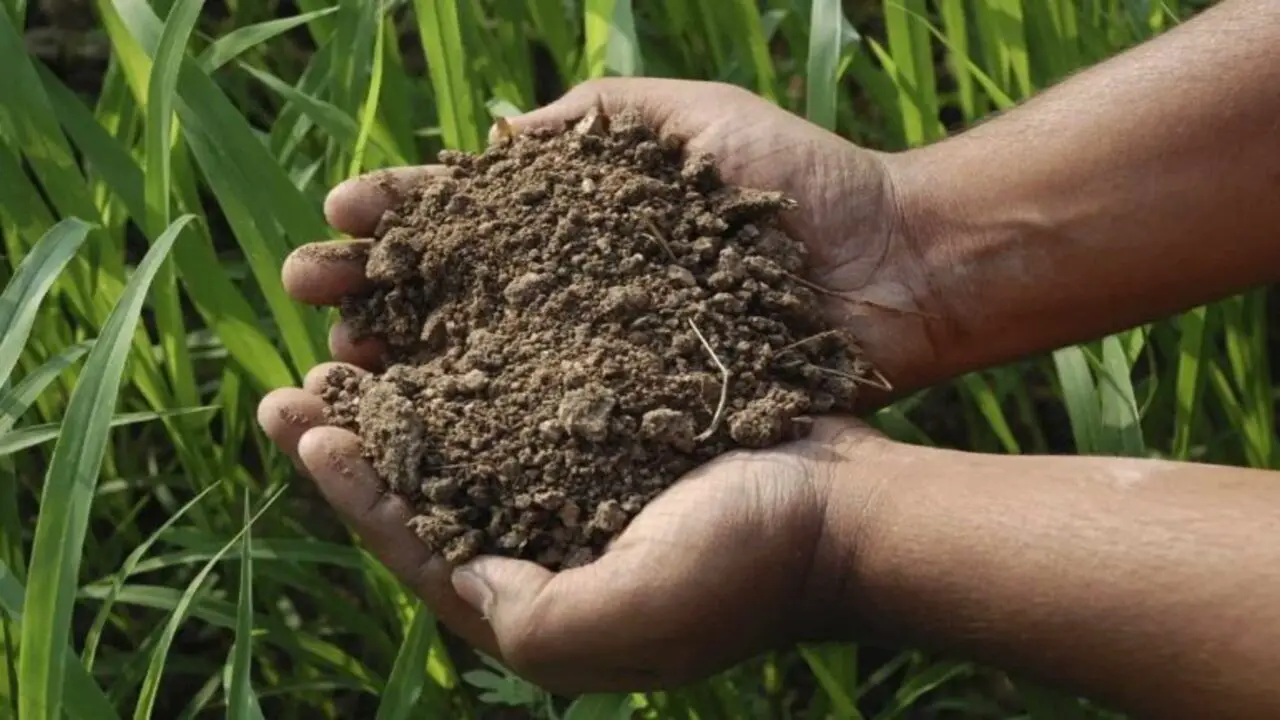
Compost can also be used for erosion control and land restoration, as it can help to stabilize and rehabilitate degraded soils. It can provide organic matter and nutrients, increasing the soil’s capacity to hold water and resist erosion.
Compost can also improve the soil’s physical and chemical properties, making it more suitable for plant growth. Compost can also introduce beneficial microbes that restore the soil’s biological functions and diversity. To use compost for erosion control and land restoration, you can apply it on slopes, banks, ditches, or disturbed areas or use it as a component of erosion control blankets or mats.
Compost For Environmental Remediation
Compost can also be used for environmental remediation, as it can help to clean up contaminated soils or water. It can provide organic matter and nutrients that can stimulate the growth of microorganisms that can degrade or immobilize pollutants.
Compost can also bind or adsorb heavy metals, pesticides, or organic compounds, reducing their bioavailability and toxicity. Compost can also buffer the pH and salinity of the soil or water, making it more conducive for plant growth. To use compost for environmental remediation, you can apply it on contaminated sites or as a filter media in bioreactors or wetlands.
Conclusion
The uses of compost are numerous and beneficial for both the environment and personal gardening practices. Composting effectively reduces waste sent to landfills, as it converts organic material into a nutrient-rich soil amendment.
This amendment can then be used for various purposes, such as improving soil structure, retaining moisture, and promoting plant growth. Additionally, composting can help to reduce greenhouse gas emissions and improve soil health, leading to more sustainable agricultural practices.
Furthermore, using compost can lead to reduced reliance on chemical fertilizers and pesticides, which can negatively impact the environment and human health. The compost highlights the importance of sustainable waste management practices and the benefits of incorporating natural methods into agricultural practices.
FAQ’s
[rank_math_rich_snippet id=”s-e9c72e3b-d692-4914-80cf-87951afae058″]

I am passionate about home engineering. I specialize in designing, installing, and maintaining heating, ventilation, and air conditioning systems. My goal is to help people stay comfortable in their homes all year long.
